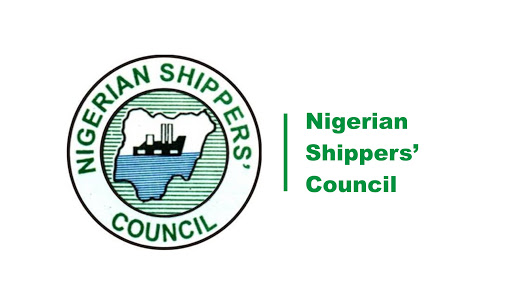Enhancing Maritime Security and Efficiency: A Collaborative Approach by the Nigerian Shippers’ Council
The Nigerian maritime sector, a critical component of the nation’s economy, faces multifaceted challenges that impact its efficiency and security. Recognizing the need for a concerted effort to address these issues, the Nigerian Shippers’ Council (NSC) has embarked on a mission to strengthen partnerships with key maritime security agencies, including the Maritime Police and the Nigerian Navy. This collaborative approach aims to create a more secure and efficient maritime environment, fostering economic growth and safeguarding national interests.
The NSC, under the leadership of its Executive Secretary/Chief Executive Officer, Dr. Pius Akutah, has initiated high-level engagements with these crucial agencies. During a meeting with the Maritime Police, Dr. Akutah emphasized the importance of joint efforts in tackling irregularities within the port ecosystem. These irregularities, he noted, include illicit activities such as attacks on vessels, criminal operations on port access roads, and unauthorized interception of containers along designated port corridors. These activities not only disrupt the smooth flow of maritime trade but also pose significant security risks.
Dr. Akutah underscored the detrimental effects of these illegal activities on the overall efficiency and security of Nigeria’s maritime sector. He called for a robust and unified response to eliminate these threats and create a more conducive environment for maritime operations. The Assistant Inspector-General of Police, Garba Yusuf, responded positively to the NSC’s call for collaboration, assuring the Council of the Maritime Police’s commitment to working closely with the NSC’s enforcement unit. He encouraged the Council to promptly report any instances of police officers engaging in unlawful activities, highlighting that effective policing relies heavily on strong partnerships and information sharing among stakeholders.
Recognizing the multifaceted nature of maritime security challenges, the NSC also extended its outreach to the Nigerian Navy. In a meeting with a delegation from the Western Naval Command, Dr. Akutah reiterated the importance of collaborative efforts to ensure the safety and efficiency of shipping activities within Nigerian waters. He emphasized the need for a coordinated approach between the Navy and the NSC to combat piracy, smuggling, and other maritime crimes that threaten the integrity of the nation’s maritime domain. The Western Naval Command expressed its commitment to supporting the NSC’s initiatives and working jointly to enhance maritime security.
The NSC’s proactive engagement with maritime security agencies reflects a broader strategy to improve the overall performance of the Nigerian maritime sector. By fostering stronger partnerships and promoting information sharing, the NSC aims to create a more secure and predictable operating environment for maritime stakeholders. This collaborative approach is essential for addressing the complex challenges facing the sector and unlocking its full economic potential. The collaborative initiatives being undertaken by the NSC are expected to yield significant benefits for the Nigerian maritime sector. By combining the expertise and resources of different agencies, the NSC aims to create a more robust security architecture, enhance operational efficiency, and attract greater investment in the sector.
Ultimately, the NSC’s efforts to strengthen partnerships with maritime security agencies represent a vital step towards achieving a safer, more efficient, and globally competitive maritime sector in Nigeria. By fostering a culture of collaboration and information sharing, the NSC is laying the groundwork for a more sustainable and prosperous future for the nation’s maritime industry. This concerted effort is crucial not only for protecting Nigeria’s economic interests but also for upholding its national security and contributing to regional stability. The success of these collaborations will depend on the sustained commitment of all stakeholders to work together towards the common goal of a secure and thriving maritime domain.














